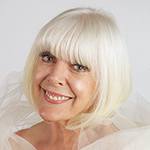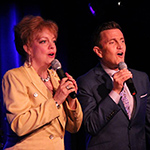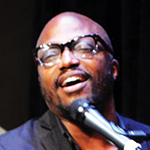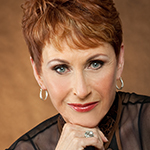Hugh Panaro
Man Without a Mask
54 Below, NYC, March 6, 2024
Reviewed by Bart Greenberg
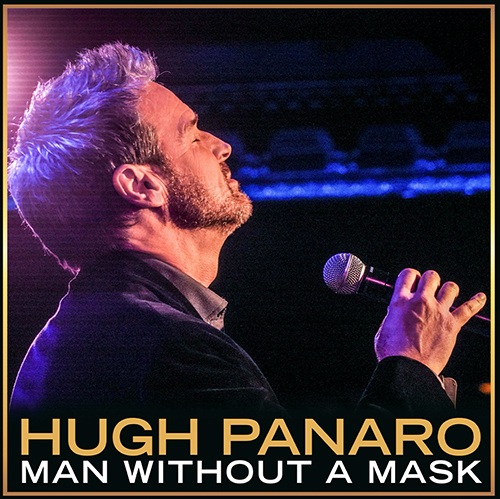
Hugh Panaro brought his exquisite tenor voice to 54 Below to celebrate the release of his newest CD, Man Without a Mask, recorded live at that location. The packed house, filled with show business celebrities, greeted him with open arms as he offered classic songs from his theatrical past, along with often touching and sometimes funny tales related to his selections. It should have been a perfect evening; unfortunately, for several reasons, it wasn’t.
Things began well with a special version of “As If We Never Said Goodbye” (Sunset Boulevard), that merged together Norma Desmond and the Phantom of the Opera (he played the role for more than 2,000 performances on Broadway). It included an introduction to him, an account of his background and his personality, along with a story of how his album was created and how it almost wasn’t. This was smart cabaret. The musical arrangements courtesy of MD/pianist Joseph Thalken, with bassist Joseph Wallace in support, glistened throughout. Throughout the show, Panaro consistently proved himself to be a fine vocalist and a strong and subtle actor as well on such numbers as “Right Before My Eyes” (from the ill-fated Lestat) and “Empty Chairs at Empty Tables” (from Les Misérables). There were also very moving tributes to Chita Rivera (“She’s a Woman”) and Barbra Streisand (“You Don’t Bring Me Flowers”).
So where did things go wrong? It was perfectly appropriate for Panaro to mention his new CD once or twice, but his doing so constantly became a bit annoying, as too many commercials do when they interrupt your favorite television program. This was an issue in everything from his many hugs of his first vocal teacher seated stage side—once was extremely touching, but the fourth time seemed like manipulation—to his acknowledgment of celebrities in the room. That often gave the impression that he was playing for them rather than for the general audience. A stronger director might have limited some of these excesses, but his director, Richard Jay-Alexander, seated at the back of the room, loudly encouraged them.
Surprisingly, these extravagances didn’t enter into his musical performance. Even in such show-off numbers as “The Music of the Night” (The Phantom of the Opera) and “Why God, Why?” (Miss Saigon), his taste and discretion kept them honest and true to character. In songs that required subtlety and softness, such as his two encores “It Only Takes a Moment” (Hello, Dolly!) and “Moon River” (Breakfast at Tiffany’s), he was able to surrender himself to the material for maximum emotional impact. If only the show could have been edited, it would have been a triumph.


